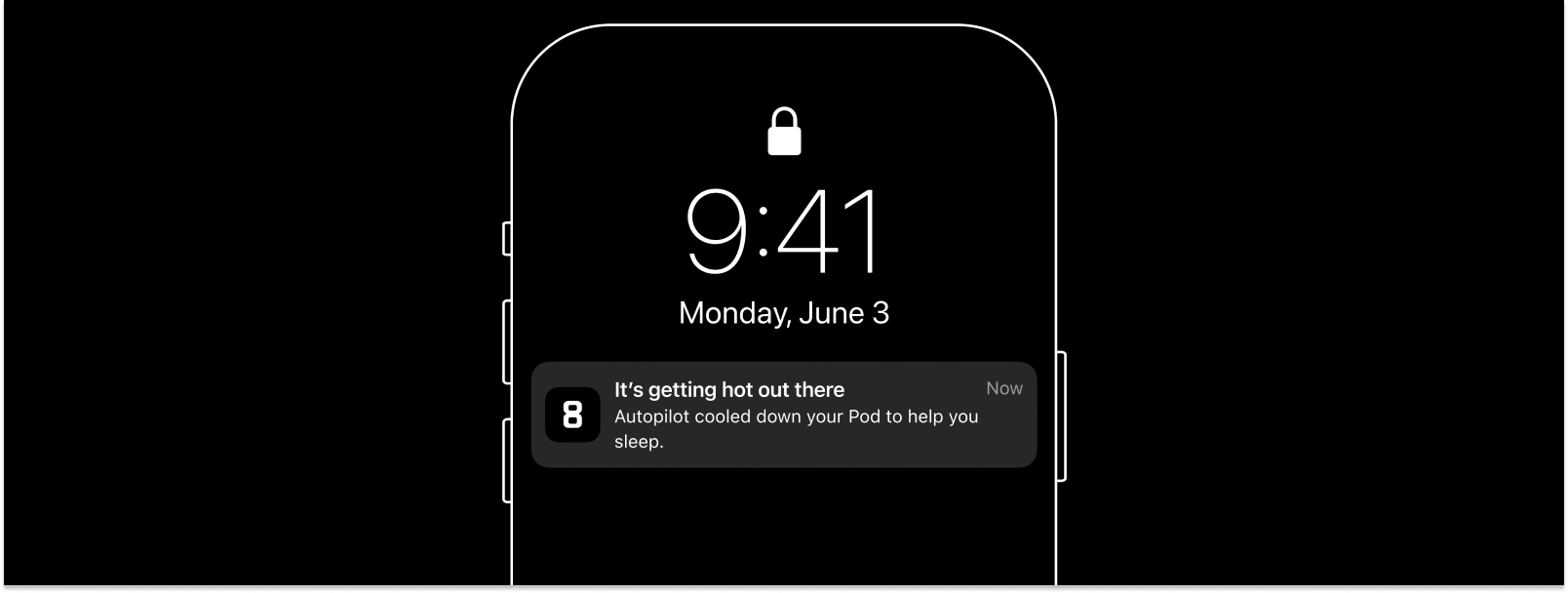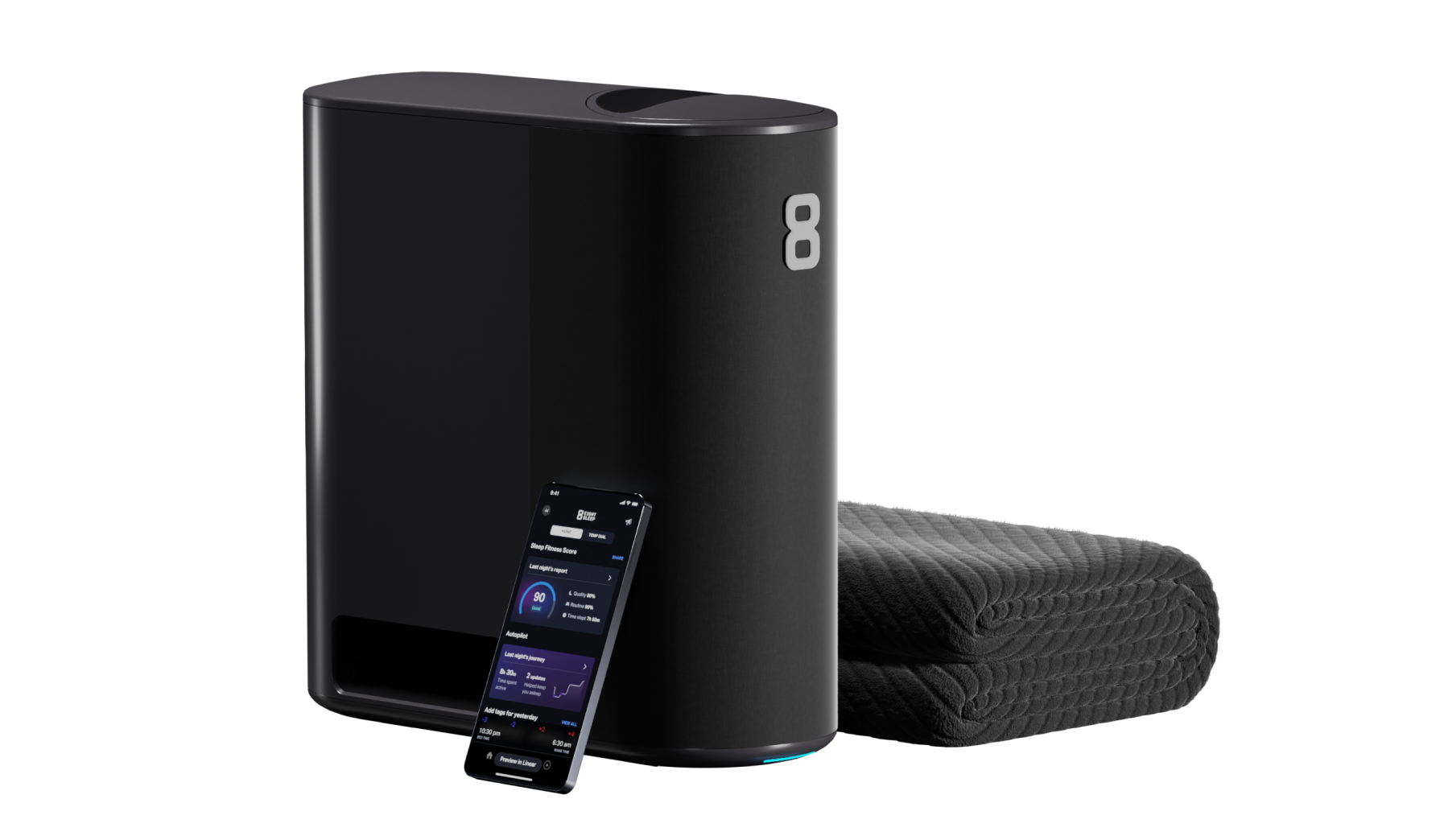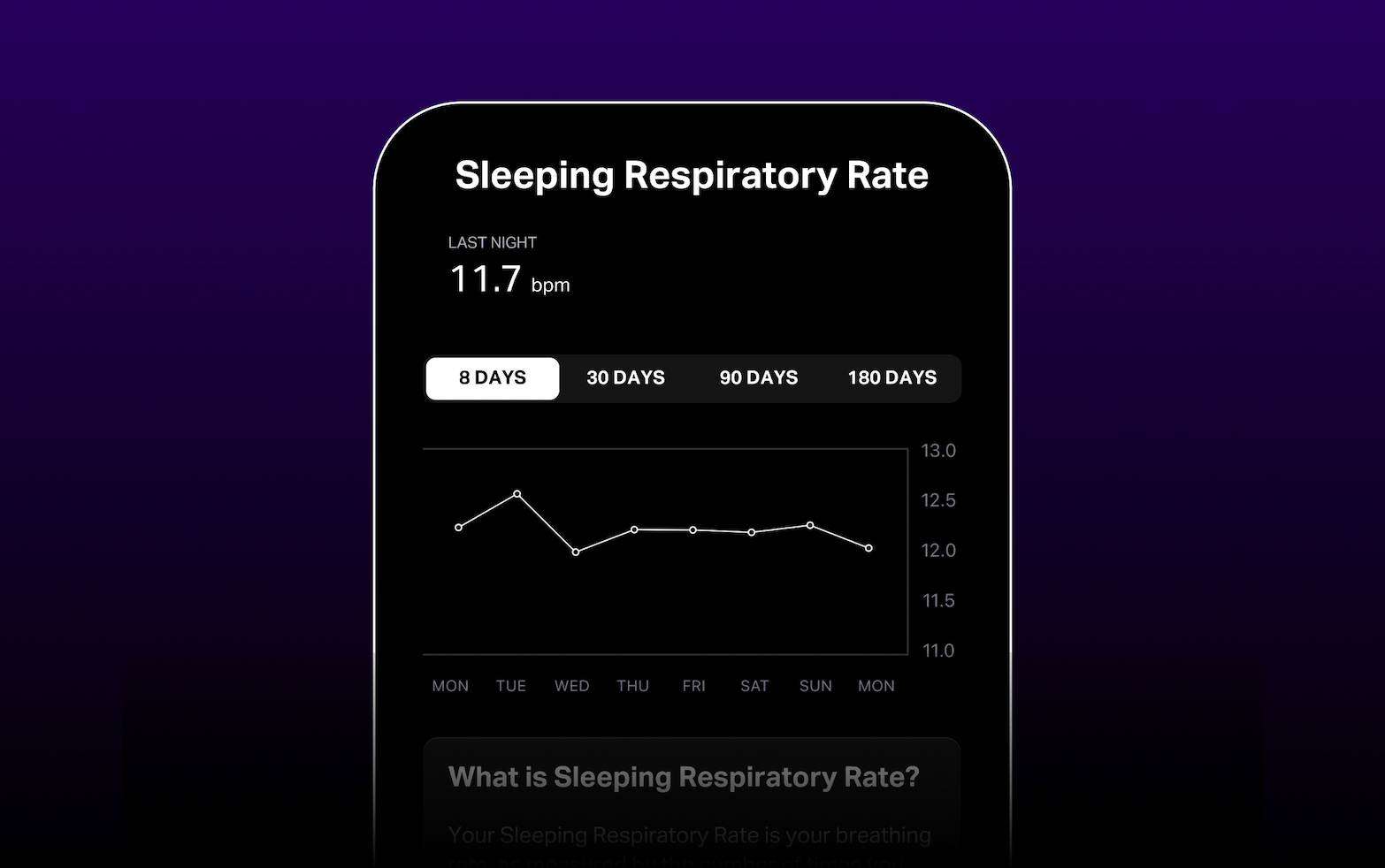The goal of this study was to test the efficacy of Autopilot 2.5 vs. Autopilot 2.0. As a refresher, our previous clinical study found that Autopilot 2.0 increases deep sleep by 10% on average, and improves heart rate variability (HRV) and heart rate (HR) by 6% and 1%, respectively (see post for more information). Autopilot 2.5 improves Autopilot 2.0 by more intelligently adjusting the Pod based on your sleep cycles, along with making changes based on your outdoor and indoor temperatures.
Methods
The Clinical Team at Eight Sleep ran a two-week study on more than 1,000 members: half of the members were in the control group and received Autopilot 2.0 (the previous version of Autopilot) for the entire two-week study period (i.e. control), while the other half of members received Autopilot 2.0 for the first week and Autopilot 2.5 for the second week (i.e. experimental).
Control (n = 566; mean age = 39.2 y, range = 18-71 y) and experimental groups (n=523; mean age = 40.2 y, range = 20-78 y) were matched for distribution of age, sex, temperature profiles, and average percentage of time spent in deep and REM sleep stages. Participants were required to sleep on the Pod for at least five out of seven nights of each week to be included in the study.
The average time spent in each sleep stage in week 1 vs. week 2 was compared across both the control and experimental groups, and a percent change from week 1 to week 2 (based on weekly averages) was calculated for each sleep component. The control group’s sleep stage changes across the two weeks were used as a baseline for expected week-to-week variation. This baseline change value for the control group from week 1 to week 2 was subtracted from the experimental group’s change values to normalize for week-to-week variability.
Results
Women especially benefited from Autopilot 2.5 with an average median increase of 5% in deep sleep minutes, 3% in light sleep minutes, and 3% in total sleep time relative to the control group. See Table below for more specifics.
We evaluated how Autopilot 2.5 affected those that would be categorized as below-average for the following categories based on average sleep time across the 1-week baseline period:
- Below-average REM sleep: <20% average REM sleep
- Below-average deep sleep: <15% average deep sleep
- Below-average total sleep time (TST): <7 h average total sleep time
Autopilot 2.5 significantly improved sleep for the majority of women with below-average REM and TST, while women with below-average deep sleep did not experience significant changes in their sleep.
Table. Percentage of subjects with increase in sleep categories with Autopilot 2.5
|
% of subjects with ≥5% increase in deep sleep minutes |
% of subjects with ≥5% increase in REM sleep minutes |
% of subjects with ≥5% increase in light sleep minutes |
% of subjects with ≥5% increase in total sleep time |
|
|
Women overall |
16% |
8% |
10% |
14% |
|
Women with below-average TST |
25% |
8% |
41% |
33% |
|
Women with below-average REM sleep |
25% |
19% |
26% |
45% |
Conclusions
The new Autopilot 2.5, which more intelligently aligns Pod temperatures relative to sleep cycles and environmental temperatures, led to improvements in deep sleep, light sleep, & total sleep time in women. Similar to our previous studies (1, 2), we found that those who had below-average sleep to begin with benefited most from Autopilot 2.5. Specifically, women with below-average REM sleep (<20%) or total sleep time (<7 hours) saw the largest improvements in their sleep with Autopilot 2.5.
We have more improvements on the way for Autopilot, so stay tuned for future updates!





